As we pass the 15-month mark of Russia’s war against Ukraine, it’s clear the Putin government is in a fix. It cannot win this war nor afford to lose or stop it. But with another mobilisation politically risky and tens of thousands of Russian citizens now fallen on the battlefield, it’s evident they will need all the volunteers they can lay their hands on.
There is a problem facing the regime: the war itself is significantly less popular with the young in Russia than with the middle-aged and elderly. Over half the 55+ age-group in the country support the current war, while for 18- to 24-year-olds the figure falls to 26 per cent. This is why it’s crucial for the government to bring the young over to their side in ‘body and soul’ – indoctrinating them as well as providing military training. Indeed, an invisible front line now runs through the country’s schools and colleges, with millions of young Russians being prepared for the furnace of this abominable war.
Millions of young Russians are being prepared for the furnace of this abominable war
In some schools, where teachers are willing to push the military agenda, the memory of the ‘Great Patriotic War’ is used – and abused – to justify the current conflict. A member of the anti-war ‘Alliance of Teachers’, Daniil Ken, explains that in classes on world war two, students are required to give modern examples of ‘Nazism’ and ‘genocide’ (Russia cannot be found guilty of this, of course). This is followed by a leading question: whether the ‘special military operation’ in Ukraine was a mistake or justified to ‘save the civil population from genocide’. No prizes, naturally,for guessing the correct answer.
Another policy rolled out by the Ministry of Education is the militarisation of an old school subject: ‘The Fundamentals of Health and Safety’. This subject used to be about how to behave during emergencies, but will now also include marching drills, the basics of formal unit training, and the principles of taking cover. Students will be told how to dig trenches and fire-shelters, and master the use of basic weapons, like Kalashnikovs and hand-grenades. This subject will preferably be taught, the ministry makes clear, by veterans of military conflicts. Young Russians will thus presumably be instructed by ‘heroes’ who have fought in places like Bucha, Irpin and Kherson.
Even before this subject is rolled out, there are signs that education is already being militarised in Russia. Year ten schoolchildren from Saint Petersburg were recently sent for a five-day course in ‘emergency skills’ under the auspices of DOSAAF (an NGO which supports the Russian army, aviation and navy). This drew complaints from parents, who thought the measures would distract their children from the state exams. The Committee on Education retorted that, according to a 2010 directive (mostly ignored up till now), upper-form students are entitled to five days of basic military training a year. In Crimea this May, students accordingly took a course in tactical warfare, using Kalashnikovs and other weapons – and instructed by camouflaged men in masks.
Two youth groups have also sprung up, Yunarmia (the ‘Young Army’) for eight to 18 year-olds, established in 2015 by, the Minister of Defence and Dvizhenie Pervykh (Movement of the First) for ages six to 18, its civil counterpart. Yunarmia first came to prominence with a graffiti project portraying participants in the ‘Great Patriotic War’ alongside its members, all decorated with military symbols. Meanwhile, Movement of the First is the resuscitated corpse of the Soviet Pioneer movement, a communist version of the scouts. In April, Putin said the Movement of the First should be known once again as the Pioneers. In Soviet times, all children aged nine to 14 were required to join the Pioneers and observe their code of conduct. Its return to Russian schools is bound to make the process of indoctrination considerably smoother for the authorities.
Apart from state youth institutions pursuing a military agenda, there are also a plethora of youth clubs and veterans’ associations focused on military training and instilling the right patriotic attitudes. At the beginning of 2023, the government earmarked half a billion roubles for these societies in two annexed regions of the Donbass, Zaporizhzhia and Kherson.
On occasion these clubs have intervened in the schooling process, with mixed results. At a school in Perm, near Russia’s Ural mountains, teachers refused to take part in a patriotic programme. Because of this, they were denounced by a regional pro-war Telegram channel. Activists duly turned up at the school, claiming that an older teacher on the staff had said school management were blocking her patriotic initiatives. Later FSB officers turned up during the school’s German language exam, demanding the proceedings be translated into Russian for them.
When schoolchildren aren’t able to meet veterans personally, they are asked to write letters to the front, as part of the Russian ‘Letter to a Soldier’ campaign. Pupils are given clear instructions for their letters: the colours yellow, blue and brown are to be avoided, the first two colours for obvious reasons, the third because it’s the colour associated with the Nazis. As for the content, only gratitude must be expressed. Writing these letters is not mandatory but is heavily encouraged by teachers who often give out good marks as a reward, since schools have a quota of letters to meet.
Resisting this patriotism requires great courage, whether from teachers, parents or children themselves. As one brave headteacher, Sergey Chernyshov, put it, ‘In pre-war times at school I was taught that if something evil is happening, one must shout about it. I was taught the weak are to be protected. Children are to be taught kindness and love for their neighbours. That one should not grovel before an idiot-boss.’ Soon afterwards he was declared a ‘foreign agent’ by the Ministry of Justice.
Got something to add? Join the discussion and comment below.
Get 10 issues for just $10
Subscribe to The Spectator Australia today for the next 10 magazine issues, plus full online access, for just $10.

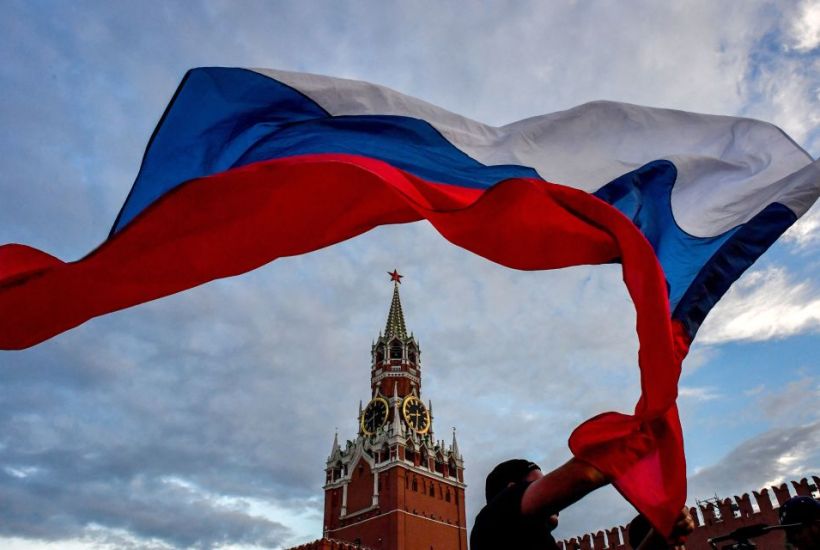
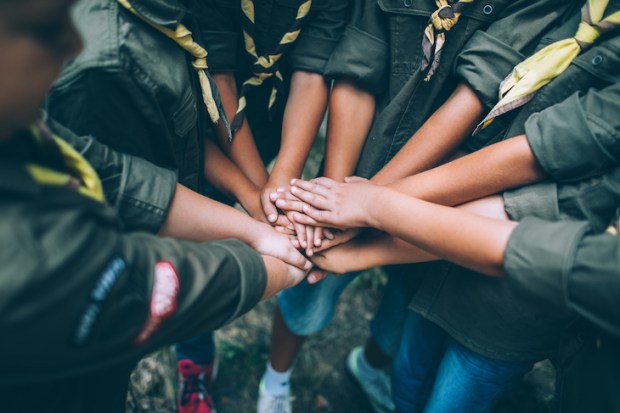
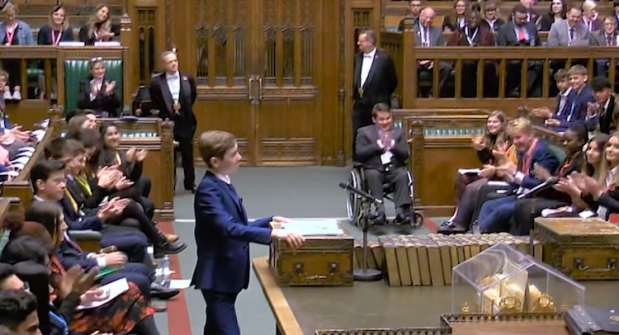
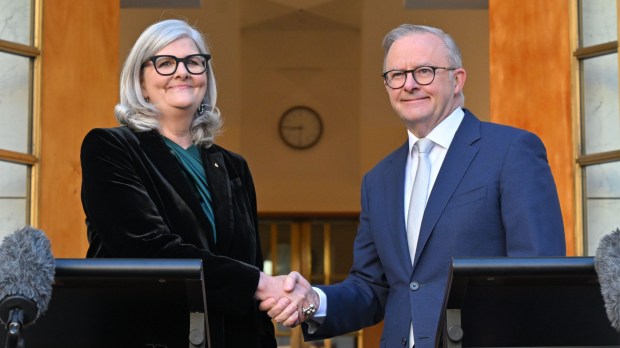
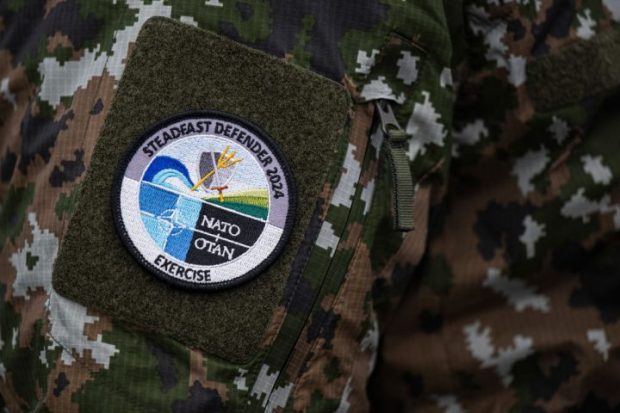
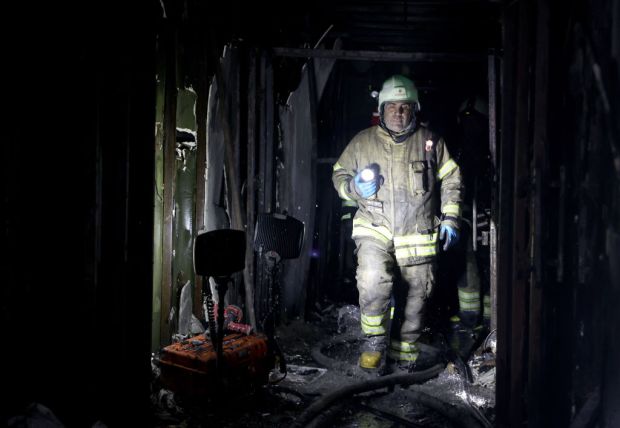
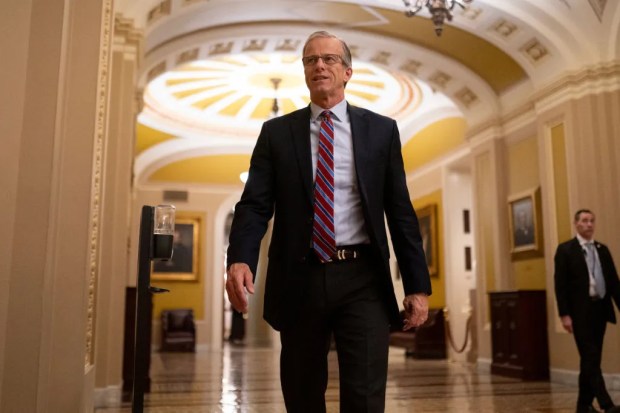












Comments
Don't miss out
Join the conversation with other Spectator Australia readers. Subscribe to leave a comment.
SUBSCRIBEAlready a subscriber? Log in